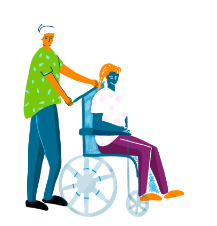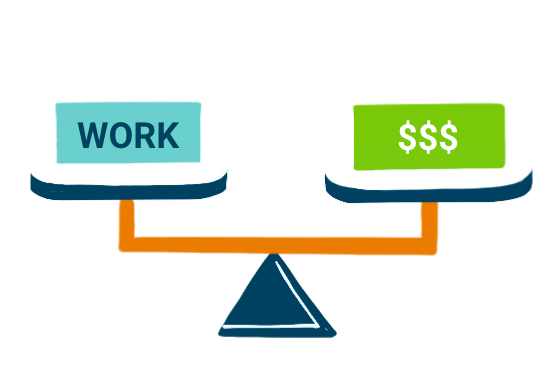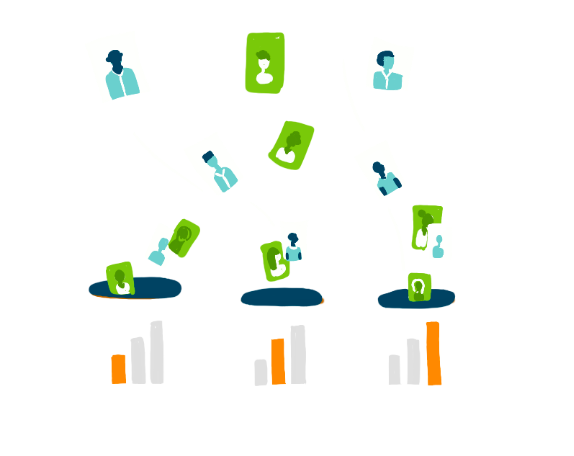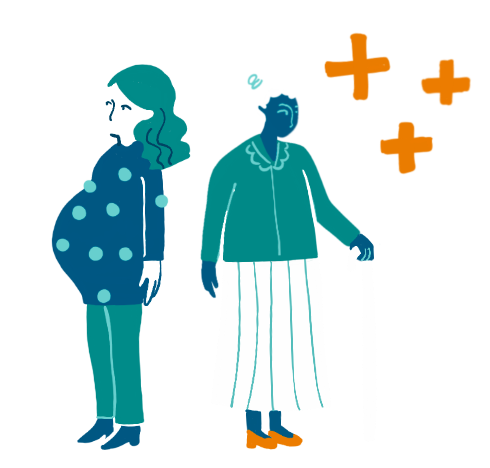










To fight for women’s economic justice, investing in sectors where women are underrepresented is not enough. We need investments in sectors that are historically and traditionally overrepresented with women, like the nonprofit sector. When a sector is women-majority, it is often undervalued, underfunded, and underestimated which undermines decent work and stalls women’s economic justice overall. To make women’s economic justice a reality, we need decent work in women-majority sectors.
The whole issue of unfairness in nonprofits is systemic and reflects the continuing devaluing of women’s work.

A lot of women of colour are streamed into nonprofit, partly because we see the issues in our lives and communities and want to create change, but its a cycle that continues to oppress us and marginalize us. Within the sector, we need to have support in advocating for ourselves, for negotiating rights and salaries. We need support to stop internalizing racism and sexism and navigating managers and peers that perpetuate this.

The future of our sector depends on decent work for women. It’s time for us to raise the floor, shatter the glass ceiling and disrupt the gender and racial hierarchies in nonprofits.


Eliminate gendered roles in organizations and open employment opportunities to all.

Create safe reporting mechanisms for discrimination and harassment

Ensure equal pay, equal pay for work of equal value, and pay transparency

Invest in professional development and advancement opportunities

Be accountable to gender parity and diversity in sector leadership

Offer a pension plan and top-ups for maternity and parental leave benefits

Provide stable employment opportunities.
ONN can’t do this alone, we need your help. As more people amplify our decent work for women messages by sharing this microsite, the faster our movement will grow. As more people join our movement by subscribing to our newsletter the bigger our movement will grow. Our collective efforts will accelerate decent work for women in the sector and women’s economic justice overall. So let’s roll up our sleeves and get to work.